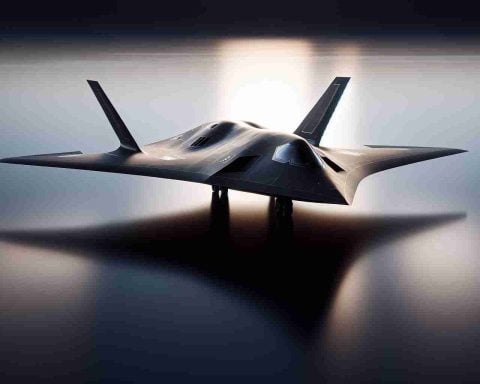A pioneering Japanese startup, aimed at being the nation’s first private firm to launch a satellite into orbit, postponed its eagerly anticipated rocket launch for the second consecutive day. Tokyo-based Space One had initially set its Kairos rocket to launch at 11:00 am (0200 GMT) on Saturday. However, strong winds forced the company to delay the launch for 24 hours, announcing another postponement on Sunday under similar weather conditions.
Unexpected Challenges
Space One executive Kozo Abe explained that high wind speeds above the launch site were unsuitable for the liftoff. The company is actively coordinating with relevant authorities to establish a new schedule, optimistically eyeing 11:00 am on Wednesday for the next attempt. Earlier in March, Space One’s inaugural launch ended dramatically when technical issues triggered a self-destruct mechanism shortly after liftoff, engulfing the area in thick smoke.
International Aspirations
Despite these setbacks, Space One remains determined to carve out a niche in the global space industry. The company’s Kairos rocket, intended to carry five satellites from diverse origins, including the Taiwan Space Agency and innovative projects from Japanese students and enterprises, underscores its commitment. Space One, launched in 2018 with backing from industry giants such as Canon Electronics and IHI Aerospace, aims to provide efficient small rocket launches tailored for businesses keen on satellite deployments. The company’s endeavor illustrates a bold stride in the evolving landscape of private space ventures.
Japan’s Space One: Overcoming Challenges in Private Satellite Launch Ventures
In the rapidly evolving space industry, Japan’s Space One represents an exciting development in private satellite launches. Founded in 2018, Space One aims to be the first Japanese private company to successfully launch a satellite into orbit. Despite facing significant setbacks, including two recent launch delays due to unfavorable weather conditions, the company remains committed to pioneering advancements in this niche sector.
Challenges and Perseverance
Space One’s Kairos rocket faced two consecutive launch delays due to strong winds at the launch site. These environmental challenges highlight the complexities involved in space launches but have not deterred the company’s determination. Space One executive Kozo Abe expressed the company’s commitment to coordinating with authorities and rescheduling the launch, optimistically aiming for a new attempt soon.
Key Features and Innovations
The Kairos rocket is designed to cater to businesses seeking cost-effective satellite deployments. Its first mission includes carrying five diverse satellites from organizations like the Taiwan Space Agency and various Japanese educational and corporate projects. This mission underscores Space One’s versatility and appeal to a broad array of international clients, enhancing accessibility to space for smaller enterprises and educational institutions.
Market Analysis and International Ambitions
Space One’s ambition to carve out a niche in the global market is bolstered by strategic backing from industry leaders such as Canon Electronics and IHI Aerospace. The company’s focus on small rocket launches aligns with current trends favoring lower-cost satellite deployment solutions. As demand for satellite data and services increases, Space One is positioned to benefit from this growing market.
Predictions and Future Prospects
Given the backing from established industry partners and continued advancements in technology, Space One is poised for future success. Despite current setbacks, the company’s dedication to innovation and market adaptation could lead to significant milestones in Japan’s private space industry. The emergence of companies like Space One reflects broader trends in privatized space exploration and could inspire further competition and collaboration among international private space firms.
Related Information
For more information on the evolving landscape of private space ventures, you may visit Canonical.
In summary, Space One’s determination to overcome challenges reflects the broader drive of private companies to open new frontiers in space exploration and commercial satellite launches. As it navigates these initial hurdles, Space One remains a promising figure in Japan’s aspiring space industry.














